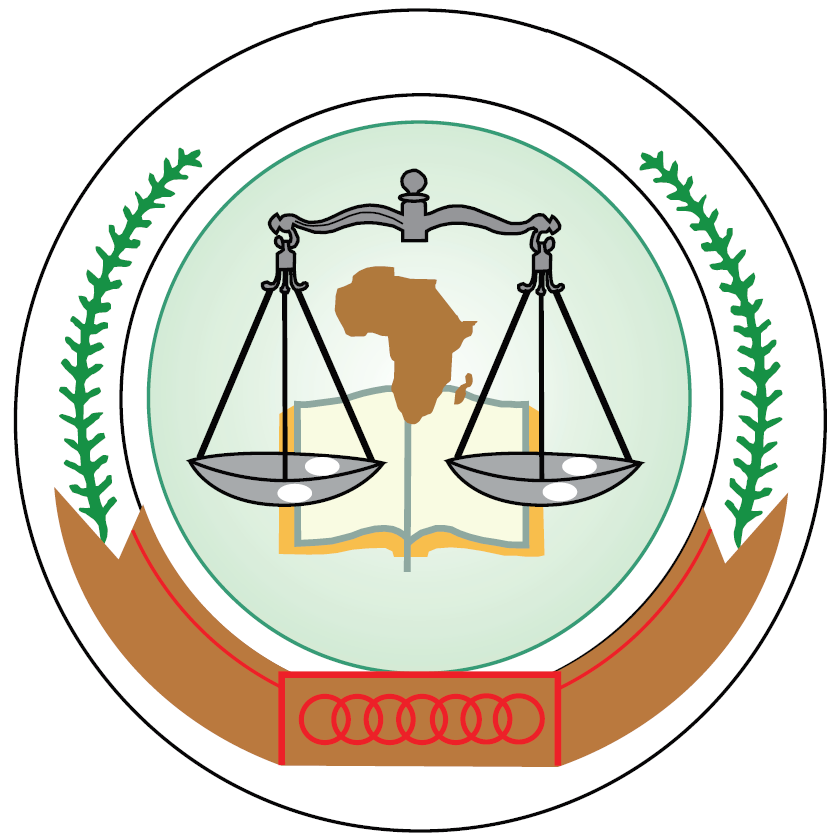The African Union’s continental human rights court, the African Court on Human and Peoples’ Rights (AfCHPR), received a setback this past March when Tunisia withdrew its declaration, under Article 34(6) of the Court’s founding Protocol, allowing individuals and NGOs to directly access the Court. Tunisia accounts for 24 (7%) of the 371 applications to the African Court to date, and the two-thirds of applications still pending (and those submitted before the withdrawal enters into force) will proceed as normal. However, once the withdrawal takes effect in March 2026, Tunisians will be deprived of a potential avenue for accountability for human rights abuses during a period of increasing authoritarianism in Tunisia.
African Court on Human and Peoples' Rights
Page 1 of 4
Africa’s Turn: The African Court’s Advisory Opinion on Climate Change
On 2 May 2025, the African Court of Human and Peoples’ Rights (AfCHPR, the Court) received a request for an advisory opinion concerning the obligations of states in the context of climate change. This development was anticipated: as early as 2023, there were indications such a request was in preparation (at 54:30) and, that same year, the…
Litigating The Maputo Protocol in relation to Conflict-related Sexual Violence Before the African Commission on Human and Peoples’ Rights – Two Steps ahead and One Step Back
In a landmark decision adopted in 2024 and disclosed in April 2025 in Communication No. 700/18 dealing with the Minova case v. Democratic Republic of Congo (only available in French), the African Commission on Human and Peoples’ Rights (“the Commission”) concluded to the responsibility of the DRC in the grave and massive violations of rights of more…
Extending human rights accountability for corporate actors in the LIDHO v Cote d’Ivoire case of the African Court
In September 2023 the African Court on Human and Peoples’ Rights (ACtHPR or African Court) handed down its first judgement for harm caused, including to the environment, due to the dumping of toxic waste. This commentary focuses on how this judgement expands the African jurisprudence on the question of corporate accountability for infringement of human rights.
Western Sahara before the African Court of Human and Peoples’ Rights: Is there a “brother’s keeper” obligation for the Member States of the African Union?
In the current international context where States are ‘(re)discovering’ the virtue of international judicial litigation tools (before the ICJ or before the European Court of Human Rights), the African Court of Human and Peoples’ Rights was presented with a unique request against the backdrop of protecting the right to self-determination of the Sahrawi people. The latter…
- Page 1 of 4
- Last
